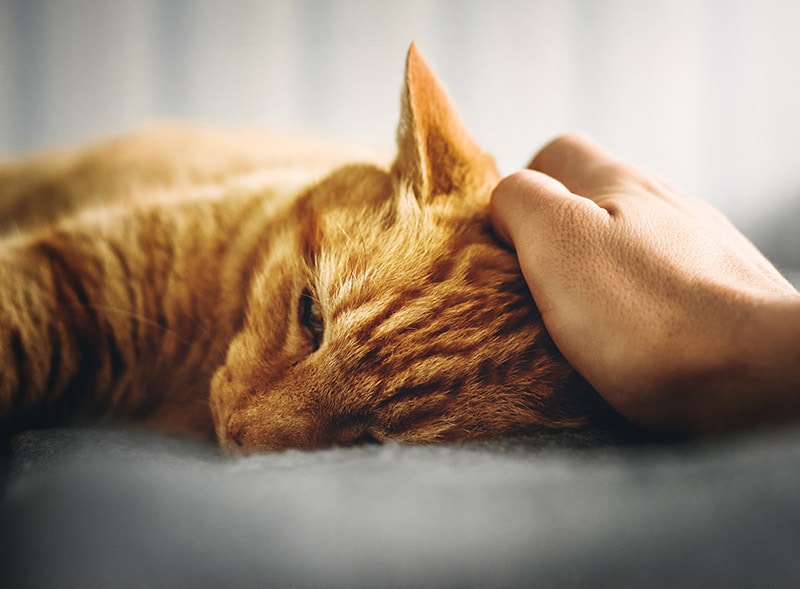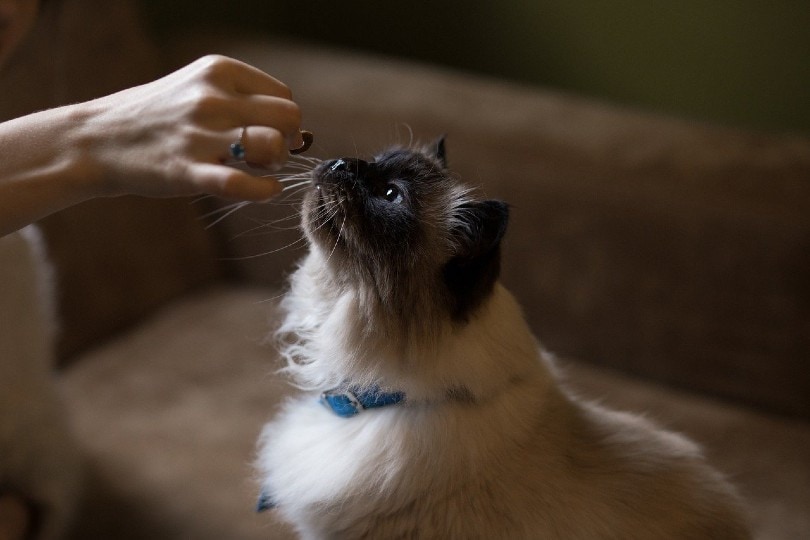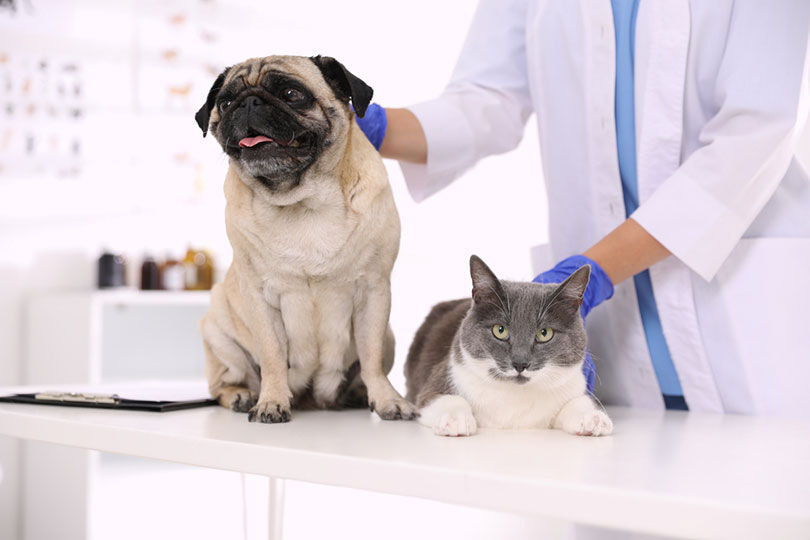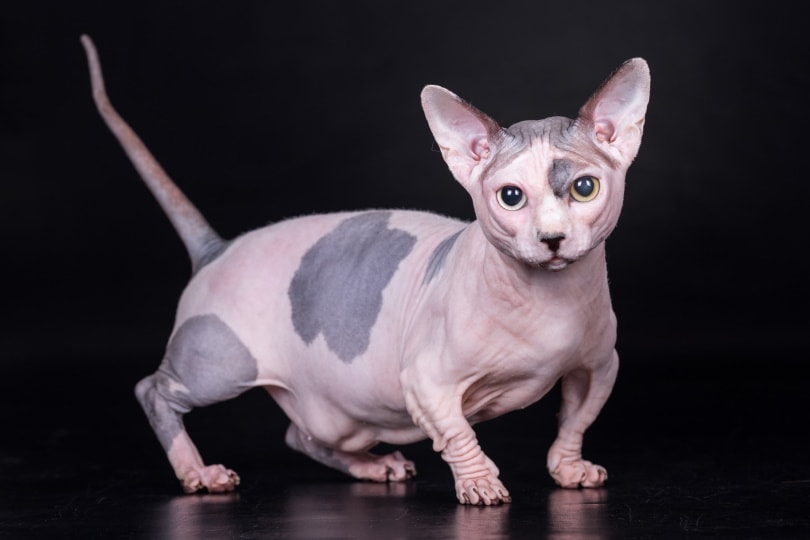Can Cats Eat Celery? Vet-Reviewed Facts & FAQ

Updated on

Celery is a low-calorie food that is very popular among health-conscious people because it is packed with vitamins and minerals. This healthy vegetable is nutritious and can add a ton of flavor to a soup or stew! Both the stalks and leaves are used in cooking, and even the seeds are used in various spices to add flavor. Seed extracts are commonly used to make herbal medicines. With all these benefits in mind, you may be wondering if you can give your cat celery occasionally. Is celery safe for cats?
The short answer is yes! Celery is perfectly safe to give to your feline. However, it doesn’t offer cats the same health benefits it offers humans. Let’s take a deeper dive into this vegetable and look at why it can be beneficial to feed to your feline friend, as well as a few things to be careful of.
Potential Benefits of Giving Celery to Your Cat
Celery may be a healthy snack to add to your cat’s diet occasionally, but fruits and vegetables should not be a primary part of your cat’s daily diet and should only be offered sparingly if your cat enjoys them.
Celery is not a replacement for any other foods in your cat’s usual diet. As celery is primarily composed of water, it may help with providing your feline with some hydration. Though it has some vitamins and minerals, the minimal amount you can safely serve your feline means that these effects are largely negligible, and you shouldn’t attempt to use celery (or other vegetables) to meet your cat’s vitamin and mineral requirements.
Celery, like most vegetables, is a source of fiber. This may be somewhat beneficial for your cat when celery is served in small amounts as an occasional treat. However, it shouldn’t be used as a laxative for a constipated cat, as many factors can lead to constipation in felines. If you think your cat is constipated, consult a veterinarian.
Risks of Feeding Your Cat Celery
Cats, as obligate carnivores, can’t digest vegetables as effectively as omnivores or herbivores can. This, coupled with the fact that celery has fiber in it, means that its consumption may lead to stomach pains, cramps, bloat, and diarrhea, especially if your cat isn’t accustomed to the vegetable.
In addition, a large piece of celery may also be a choking hazard. If your cat does enjoy celery, ensure you thoroughly wash and chop it into small pieces before offering them some.

Feeding Your Cat Celery
The taste and texture of celery will likely be unappealing to most cats, although some will love the smell of the leaves and react to it in a similar way as catnip. The best way to feed it to your cat is by chopping it into small pieces, cooking it thoroughly (without onions, garlic, or spices), simply mixing it into their food. Both the stalks and leaves are perfectly safe to give your cat but should be cooked well and finely chopped.
Alternatives to Celery for Cats

If you’ve tried feeding your cats celery and they aren’t taking the bait, don’t be afraid to try out some other cat-safe treats. Remember that cats are obligate carnivores. In fact, they can’t be kept on a vegetarian or vegan diet. If your cat refuses celery and other vegetables or fruits, you shouldn’t be concerned about trying to sneak them into their diet. Instead, you may look into animal-meat-based treats. These are often more readily accepted and offer better nutrition to your cats. In addition, they also have fewer potential drawbacks or risks.
Most cats readily accept treats that are animal-meat based, such as chicken, beef, lamb, or pork treats. These come in a variety of options, although it is best to stick with the most natural forms of treats (for example: freeze-dried treats comprised of a single ingredient are better than heavily processed treats). You may even try some homemade treats!
Conclusion
Celery is safe for cats to eat. However, as obligate carnivores, they don’t receive the same benefits from this vegetable as us. If your cat refuses celery, they may more readily accept animal-based treats, which are, in most cases, more beneficial for their health.
For more information on what cats can eat, check out:
Featured Image Credit: pasja1000, Pixabay











